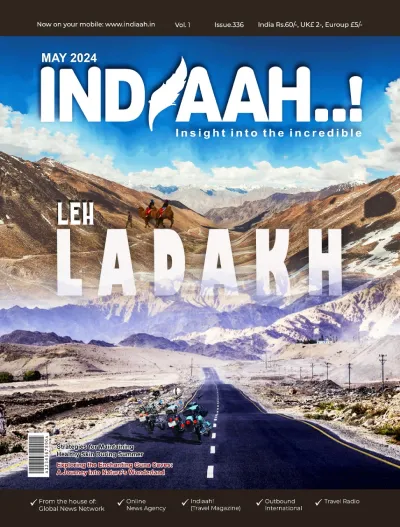
The global travel industry in 2025 is navigating a challenging landscape marked by rising operational costs, shifting consumer expectations, and increasing market unpredictability. According to Accenture’s latest “Consumer Pulse Survey 2025,” around 54% of global consumers report experiencing unprecedented levels of uncertainty—more than double compared to recent months. This uncertainty is directly impacting travel behavior, with many travelers reducing budgets, shortening trips, or cancelling plans entirely.
As profit margins continue to shrink across the sector, short-term fixes are proving insufficient. Industry experts now emphasize the urgent need for structural resilience, advocating for strategic investments in innovation and technology to ensure long-term sustainability and growth.
Transforming Travel with Agile and Proactive Strategies
Cost-cutting alone is no longer a viable solution. Instead, travel businesses must evolve into agile organizations capable of responding to rapid change while delivering real value. The transformation relies on four key pillars: operational agility, commercial adaptability, workforce well-being, and advanced technological integration.
Operational Resilience: Streamlining for Efficiency
To combat rising costs, many travel operators are redesigning internal systems for greater efficiency. For example, airports are adopting digital twin technologies—virtual models that simulate real-time operations—to proactively address challenges like crowd surges or weather disruptions. In hospitality, automation of routine tasks such as check-ins and housekeeping is becoming increasingly common, allowing hotels to manage labor shortages while maintaining service quality and guest satisfaction.
Commercial Resilience: Navigating Volatility with Innovation
In an era of fluctuating demand and cost-conscious travelers, businesses are rethinking their revenue strategies. A renewed focus on domestic tourism, tailored experiences, and alternative revenue streams is taking center stage. AI-driven analytics platforms are playing a crucial role by analyzing customer behavior, booking patterns, and market trends in real time. This enables dynamic pricing and demand forecasting, ensuring companies can pivot quickly in response to market fluctuations while maximizing profitability.
Workforce Resilience: Supporting Talent Amid Disruption
With inflation and rapid digital transformation redefining the employment landscape, the human element remains central to resilience. Companies are adopting real-time monitoring tools to detect early signs of employee burnout or dissatisfaction, allowing for timely interventions. By streamlining workflows and leveraging AI to offload repetitive tasks, businesses can boost employee productivity and morale. Notably, 94% of travel industry leaders are now revising their talent strategies to align with the growing digital economy and the emergence of generative AI.
Technological Resilience: AI Drives a Smarter Future
AI is emerging as a game-changer for the travel industry, far beyond the capabilities of traditional chatbots. Advanced AI agents are now handling critical functions in marketing, customer service, and demand management. These intelligent systems analyze massive datasets to optimize marketing campaigns, forecast regional demand, and even make autonomous operational decisions. Combined with robust cybersecurity, data governance, and digital sovereignty, this technological evolution not only enhances operational efficiency but also builds greater trust with customers in an increasingly regulated world.
As the industry grapples with evolving challenges, the message is clear: only those travel businesses that invest in long-term resilience, guided by technology and innovation, will thrive in 2025 and beyond.

